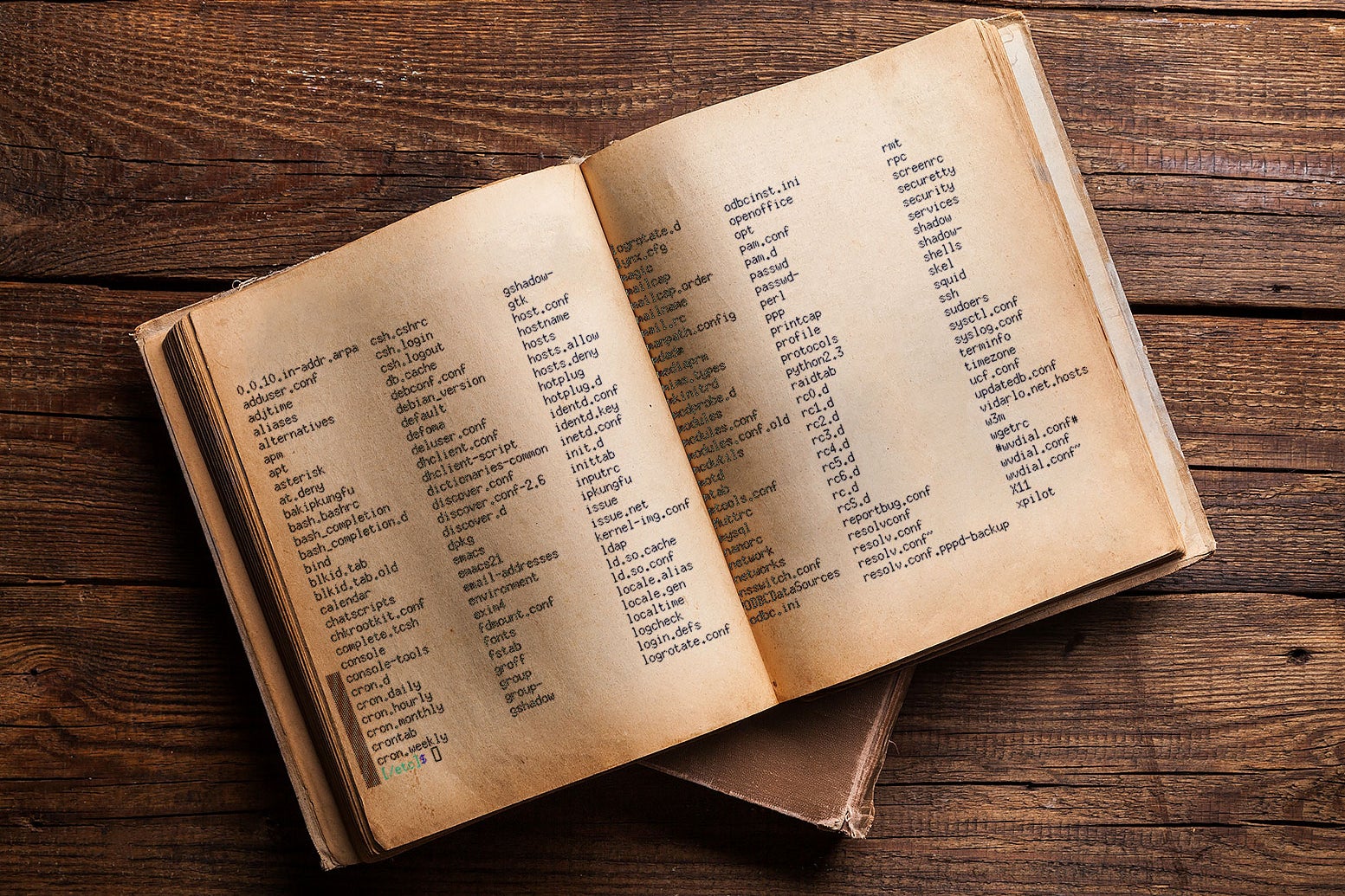
"The branding remains distinct across its nearly 17,000-title catalog: a small hardbound or paperback book that catches your eye via large sepia images and titles like Theatres of San Francisco and Central Kentucky Postcards, inscribed in the style of an old-school street sign. No matter where you go across America-the mountains of Wyoming, a small town in Indiana, or the swamps of Florida-you'll seemingly find a book from Arcadia about the local history."
""They connect with a lot of historians, or locals who have an interest in history, to publish these picture-heavy books," Alex Brown, a Bay Area librarian and two-time author for the Arcadia imprint History Press, told me. "A lot of Arcadia authors are just regular people: older volunteers at historical societies, or retirees who really like local history.""
"Brown didn't hear much from the company after 2020. Then, on July 11, they got an email from out of nowhere: Arcadia Publishing had been "presented with an opportunity to provide content to a major technology company involved in AI development," according to the message. Brown was given a deadline of one week to decide whether the books they'd wr"
Arcadia Publishing maintains nearly 17,000 local-history titles recognizable by small hardbound or paperback formats, large sepia images, and street-sign style titles found in gift shops, airports, libraries, and retail chains. Many Arcadia authors are local historians or enthusiasts, including older volunteers and retirees who compile picture-heavy community histories. Alex Brown, a Bay Area librarian and two-time Arcadia author, wrote books on Napa Valley communities and marginalized residents. Brown experienced little contact after 2020, then received an unexpected July 11 email saying Arcadia had an opportunity to provide content to a major AI-related technology company and was given one week to respond.
Read at Slate Magazine
Unable to calculate read time
Collection
[
|
...
]